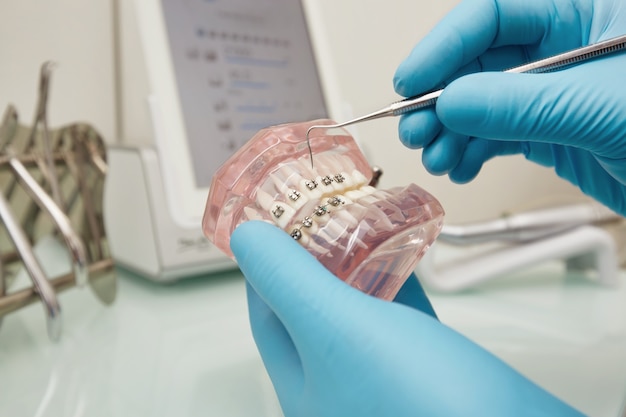
Everyone wants to keep their natural teeth, but sometimes you need a tooth extraction when other dental treatments don’t work. Tooth extraction involves permanently removing a tooth from its socket due to reasons like trauma, severe decay, impaction, or overcrowding.
If you’re planning a tooth extraction to improve your oral health, proper preparation is key for a smooth process. Here are some essential tips:
First, choose the right dental facility. Look for a reputable hospital or clinic that specializes in oral health issues. Not all dental services are equal, and some may even cause more problems. Check online reviews and patient feedback to ensure you select a reliable provider.
Next, consider the costs involved. Dental services, including extractions, typically come with a fee. You’ll also need to budget for medications. Using your medical insurance can be a cost-effective way to cover these expenses. If insurance isn’t an option, consider your savings, financial help from family or friends, dental grants, crowdfunding, or aid from charitable organizations.
For a comfortable experience, avoid eating for about 12 hours before the extraction to prevent nausea. However, if you’re having local anesthetics, consult your dentist about what you can eat.
It’s crucial to quit alcohol before and after your extraction. Alcohol can complicate the procedure by affecting blood circulation, causing breathing issues, and interacting poorly with anesthetics. Avoid drinking alcohol for at least 72 hours post-surgery to allow proper blood clotting, which is vital for healing.
Similarly, avoid smoking after the procedure. Tobacco contains harmful chemicals that can lead to infections, dry sockets, and inflammation, and can prevent blood clots from forming, causing excessive bleeding.
Always share your medical history with your dentist to avoid complications such as allergies. Inform them about any current or past health conditions and any known medication allergies, so they can take the necessary precautions.
Bring sedatives and painkillers to the procedure. Sedatives can help you relax or even fall asleep during the procedure, while painkillers aid in your recovery afterward. Ask your dentist for advice on which medications to take.
Arrange for someone to drive you home post-extraction, as you might experience fatigue and headaches. If you cannot arrange for a friend or family member, consider hiring a taxi.
You’ll need help performing daily tasks for a few days to weeks post-surgery. Arrange for someone to assist with cooking, cleaning, and childcare.
Eat appropriately after returning home. Since you’ll be hungry from fasting, consume soft foods like porridge or liquids that require minimal chewing to avoid damaging your gum and socket. Include lots of fruits to boost your immune system and aid healing.
Ensure you get enough sleep before and after the procedure. A good night’s sleep can reduce anxiety and enhance recovery. If you have trouble sleeping, try light exercises like walking or yoga to tire yourself out beforehand. Post-extraction, consider using a supportive pillow to improve sleep quality.
Following these tips can make your dental extraction process smoother and support your recovery. Tooth extraction is an effective way to address serious dental issues and improve your oral health.